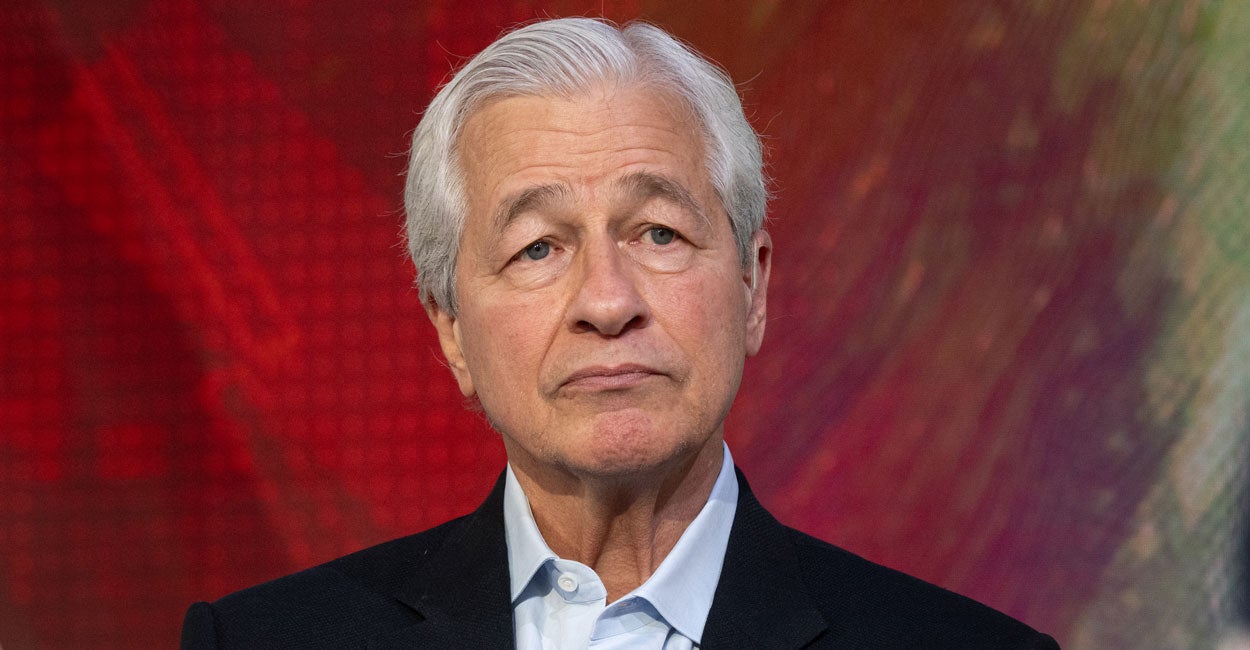South Sudan's Finance Minister Replaced – Seventh Change in Just Four Years!

Frequent Changes at the Helm: South Sudan's Finance Ministry Sees Another Shake-Up
South Sudan's President Salva Kiir has once again reshuffled his cabinet, dismissing Finance Minister Marial Dongrin Ater. The announcement, delivered via state-owned radio, marks the seventh time the finance minister position has been altered since 2020, raising serious questions about stability and economic policy direction within the fledgling nation.
While President Kiir has not publicly disclosed the rationale behind Ater's removal, the repeated turnover in this crucial economic role has drawn significant criticism from both domestic and international observers. The constant changes hinder long-term planning, discourage foreign investment, and create an environment of uncertainty for businesses operating within South Sudan.
A Pattern of Instability: Why So Many Finance Ministers?
The frequency of these changes is particularly concerning given South Sudan's fragile economic situation. The country, heavily reliant on oil revenues, has struggled with conflict, corruption, and economic mismanagement for years. A stable and experienced finance minister is vital for navigating these challenges and implementing reforms to diversify the economy and improve the lives of ordinary citizens.
Previous finance ministers have faced similar dismissals, often without clear explanations. This lack of transparency fuels speculation about the underlying reasons, ranging from political infighting to disagreements over economic policy. Some analysts suggest that the president may be attempting to consolidate power or appease various factions within the ruling Sudan People's Liberation Movement (SPLM).
Impact on South Sudan's Economy
The revolving door at the finance ministry has a tangible impact on South Sudan's economy. Each new minister requires time to understand the complexities of the role, build relationships with key stakeholders, and implement their own policies. This constant disruption delays crucial reforms and hinders efforts to attract foreign investment. Furthermore, the lack of continuity makes it difficult to hold anyone accountable for economic performance.
The international community has repeatedly urged South Sudan's leaders to prioritize stability and good governance. The ongoing changes at the finance ministry serve as a stark reminder of the challenges that remain in achieving these goals. Without a more stable and transparent approach to economic management, South Sudan risks further economic decline and continued hardship for its people.
Looking Ahead: What's Next for South Sudan's Finances?
The appointment of Ater’s successor will be closely watched by observers. Will the new minister be given the opportunity to implement long-term economic reforms, or will they too become another casualty of the political landscape? The answer to this question will have significant implications for South Sudan's future economic prospects. The country desperately needs a period of stability and consistent leadership to address its economic challenges and build a more prosperous future for all its citizens. The president’s next choice will be a critical test of his commitment to economic reform and good governance.






